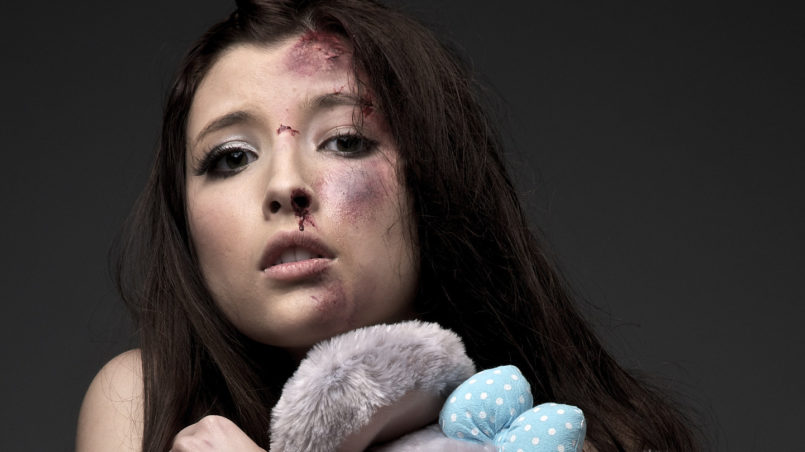Let’s make an Alliance to Stop the Violence

When I hear “domestic violence”, I think of someone physically, psychologically, sexually or emotionally assaulting his/her partner. While I agree that women are not the only victims of domestic violence, I do think that historically they represent the dominant category.
The first question that pops into my mind regarding this topic is:
Why? Why are we still talking about overwhelming numbers of battered women decades after the second wave of feminism, which was the first political movement to address domestic violence?
Violence against women has been a global phenomenon for decades now. No matter what the differences are in the form women are exploited, fundamentally the situation is the same. They have been beaten, sexually assaulted, tortured, both physically and mentally, or “even killed simply because they are women” (Joachim Jutta). And then, society dares to ask questions like: “Why does she stay? Why won’t she just leave?”
Personally, I think we are asking all the wrong questions.
Why is she the one expected to leave? Why are we talking about “battered women” and not abusive men? Why does the public eye focus primarily on the victimology of women, instead of the aggressive behaviour of men? Just think of some of the latest news you’ve seen on domestic violence against women and how the media chose to phrase its titles.
The last one I saw was: “Mother of two found unconscious after being severely beaten”. “Mother” represents the word that establishes the first contact between the reader and the article, thus it automatically draws attention to the woman. On top of that, from a grammatical point of view, “mother” is the subject of the sentence, which strengthens the emphasis. By placing so much focus on the mother, the audience is being misled to think of her as the active actor in the course of events, when in reality, she is the object of her partner’s aggressive behaviour.
A lot of the time the aggressor is barely mentioned and we are left to assume it was the boyfriend/husband/partner. The perpetrator is being neglected as if he is not that important to the story. I have never really understood how something like this could happen.
Why do we always tell the story of abused women and hardly ever highlight those responsible for it? Why do we choose to encourage this idea of weakness that is generally attributed to women? Why do we strip them of their empowerment and shame them for something that should never be done to any human being?
In the past, I used to blame the media industry for feeding us this manipulative perspective on domestic violence to make a profit. I realised recently that they might be indeed doing so, but we are the ones encouraging it. We are the ones constantly asking for sensational or emotional stories (we’d rather hear the dramatic story of an abused wife/mother than a debate on how to prevent the aggressor from doing so in the future). And while we sit on our comfortable sofa crying crocodile tears for “that poor woman”, another is beaten down the block.
We not only encourage it on our screens but in our lives. We are embarrassed to talk about a problem that has somehow managed to transcend generations, continents, religion, education. It is everywhere around us and we feel uncomfortable saying something when we see signs of it, but we pity that lady from that 5 o’clock news report.
Talk about it and shout from the top of your lungs, but be sensitive and act responsibly with the message you are putting out there. It is important to talk about abused women and inform them about any kind of help they can get, but it is equally important to address the issue of abusive men and broadcast it more often. It will not only send the message that it is not acceptable behaviour but also show women and men that something is being done in this respect (be it in terms of prevention or help in managing aggressive behaviour).
It is a pivotal time to make a change and take these issues from the intimacy of homes and safety of the screen to the reality of the streets. It is not only a women’s issue, as I see it depicted on TV most of the time, but equally a men’s issue. It is OUR problem as a global society. Do not downplay it and do not brush it under the rug. Be vocal about it, call things by their name and let’s put an end to this together – women and men!
Credits
| Image | Title | Author | License |
|---|---|---|---|
 |
8577206423_906002d50f_o | dualdflipflop | CC BY 2.0 |
